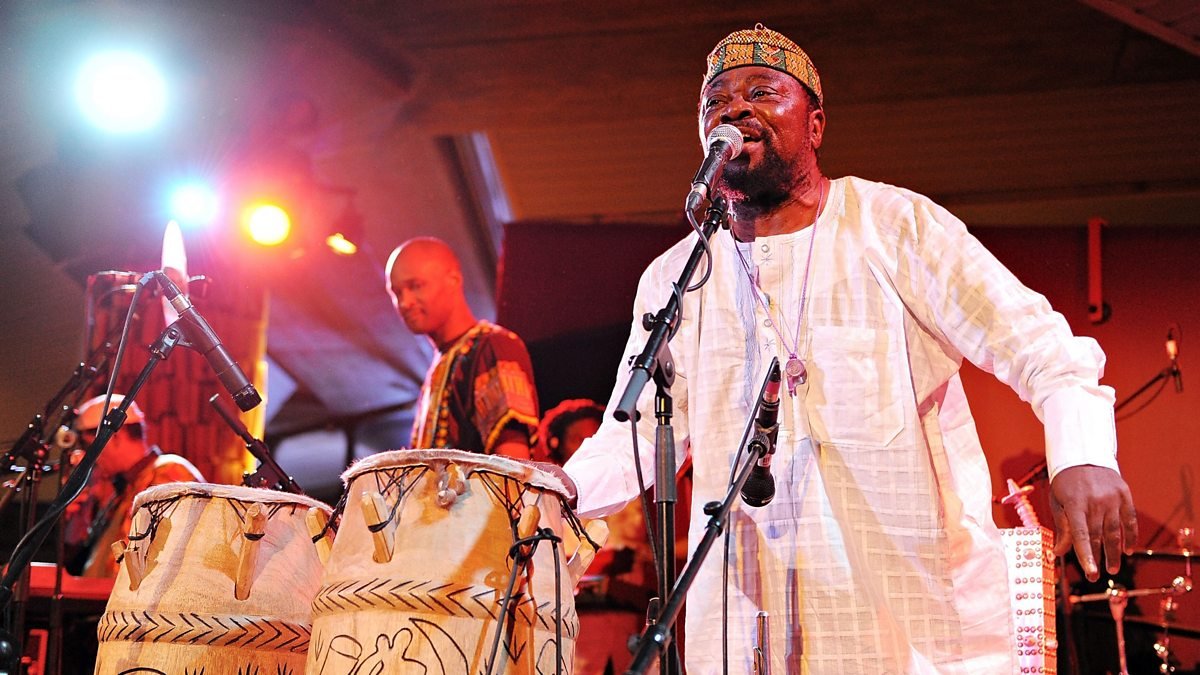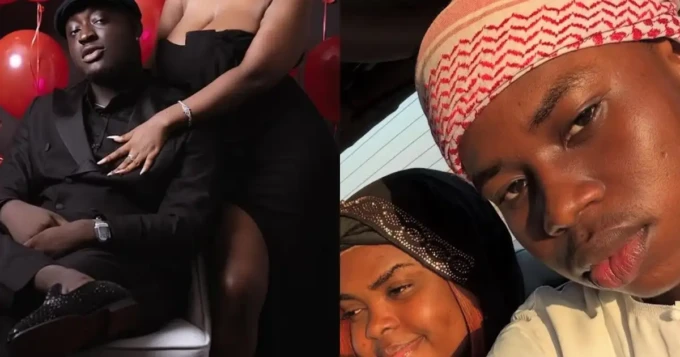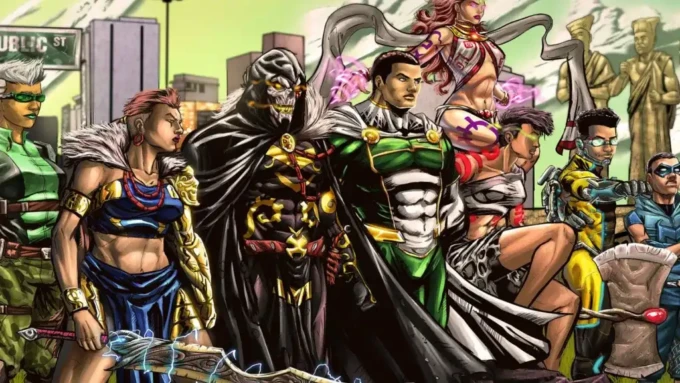Highlife music, a cornerstone of Ghanaian culture, is currently facing an identity crisis as it grapples with evolving musical landscapes and shifting audience preferences. Originating in the early 20th century, highlife has long been celebrated for its vibrant rhythms and melodic richness. However, recent developments suggest that the genre’s traditional essence is under threat.
Bessa Simons, President of the Musicians Union of Ghana (MUSIGA), has expressed deep concern over the gradual decline of highlife’s prominence. He noted that while the genre remains recognized, it is losing its stronghold as Ghana’s signature music style. To address this, MUSIGA plans to organize seminars and collaborate on a documentary with Professor John Collins to showcase highlife’s evolution and unique characteristics.
Afro-fusion artist Bada has also weighed in, suggesting that adhering strictly to highlife could limit an artist’s global reach. He argued that in today’s competitive music industry, blending local and international sounds is essential for broader appeal. Bada emphasized that while highlife is a significant part of Ghana’s musical heritage, the country’s culture is too rich and dynamic to be defined by a single genre.
Ethnomusicologist Professor John Collins provided insight into this trend, explaining that younger musicians often distance themselves from traditional highlife labels. He highlighted that cultural change is driven by the youth, who reinterpret inherited traditions in innovative ways. This generational shift reflects a broader desire among artists to forge unique identities that resonate with contemporary audiences.
Renowned highlife musician Okyeame Kwame has raised concerns about the future of the genre, noting that the country is not making highlife music attractive and affordable enough for younger artists. He pointed out that creating authentic highlife music is expensive and requires a deep understanding of music theory, which many young artists lack. Okyeame Kwame called for government intervention to make highlife music more viable for the next generation.
The decline in highlife’s prominence has also been attributed to DJs, who are seen as favoring other genres over highlife. Smart Nkansah, a prominent figure in Ghana’s music industry, suggested that DJs’ shifting preferences have led to reduced visibility and appreciation of highlife among younger audiences.
In response to these challenges, initiatives are underway to preserve and promote highlife music. Plans include organizing seminars to educate both musicians and the public on the unique characteristics of highlife and collaborating on a documentary to showcase its evolution over the years.
The passing of highlife legend Dada KD in May 2025 has further highlighted the genre’s fragility. His death at 56 underscores the urgency of addressing the challenges facing highlife music and preserving its rich cultural heritage for future generations.
As highlife music continues to evolve, it faces the dual challenge of embracing contemporary influences while maintaining its traditional roots. The ongoing discourse among artists, scholars, and industry leaders reflects a collective effort to navigate this complex landscape and ensure the genre’s enduring relevance in Ghana’s musical identity.












I feel like Highlife music needs to embrace its roots while also evolving. What do you think? Lets discuss! 🎶🤔
I think the fusion of traditional Highlife music with modern sounds could be the key to its revival. Whos with me? 🎶 #MusicEvolution
I think Highlife music should embrace new sounds and influences to stay relevant. Evolution is key for any genres survival.
Do you think Highlife musics evolution is losing its essence or enhancing its appeal? Im curious to hear your thoughts!